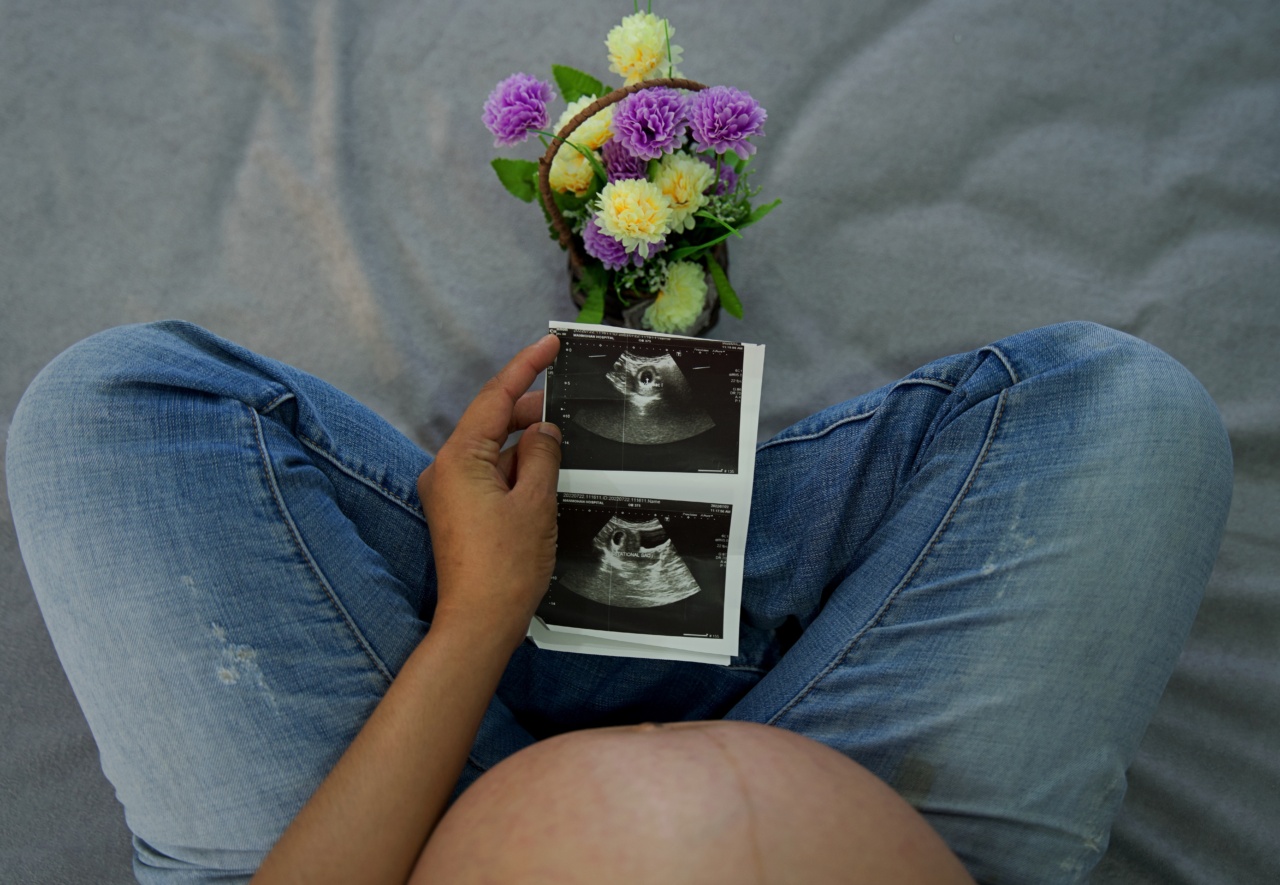Megaloblastic anemia is a type of anemia that occurs when the body does not have enough vitamins necessary for the production of healthy red blood cells.
During pregnancy, megaloblastic anemia can be a concern since the developing fetus requires adequate nutrients to develop and grow. In this article, we will discuss what megaloblastic anemia is, its causes, symptoms, diagnosis, and treatment options.
What is Megaloblastic Anemia?
Megaloblastic anemia is a type of anemia where the bone marrow produces abnormally large red blood cells that are ineffective in carrying oxygen.
This occurs due to a deficiency in vitamin B12 or folate, which are necessary for the production of healthy red blood cells. Since red blood cells play a crucial role in oxygen transport throughout the body, megaloblastic anemia can result in a lack of oxygen supply to the body tissues and organs.
Causes of Megaloblastic Anemia during Pregnancy
During pregnancy, the requirements of certain vitamins increase due to the increased demand of the fetus for nutrients. Megaloblastic anemia during pregnancy typically occurs due to the following reasons:.
- Inadequate Intake of Vitamin B12 and Folate: Pregnant women who do not consume enough foods rich in vitamin B12 and folate can develop megaloblastic anemia since these are essential for the production of healthy red blood cells.
- Pregnancy-related Physiological Changes: During pregnancy, the volume of blood in the body increases significantly. This can dilute the concentration of nutrients, including vitamin B12 and folate, leading to megaloblastic anemia.
- Hyperemesis Gravidarum: This is a severe form of morning sickness that can cause excessive vomiting and malabsorption of nutrients. Pregnant women with hyperemesis gravidarum are at a higher risk of developing megaloblastic anemia.
Symptoms of Megaloblastic Anemia during Pregnancy
Megaloblastic anemia during pregnancy can present with the following symptoms:.
- Feeling weak and fatigued
- Easy bruising and bleeding
- Shortness of breath
- Pale skin, lips, and nails
- Irritability
- Dizziness
- Headaches
Diagnosis of Megaloblastic Anemia during Pregnancy
If you suspect you may have megaloblastic anemia, you should contact your healthcare provider. They will conduct a physical examination and a complete blood count to check your red blood cell count and hemoglobin levels.
If your results are abnormal, your provider may order tests to diagnose the cause of your anemia. These tests may include:.
- Vitamin B12 and Folate Levels: A blood test can determine the levels of vitamin B12 and folate in your blood. Low levels can indicate megaloblastic anemia.
- Antibody Test: An antibody test can identify intrinsic factor antibodies, which can prevent the absorption of vitamin B12 in the small intestine.
Treatment of Megaloblastic Anemia during Pregnancy
If you are diagnosed with megaloblastic anemia during pregnancy, your healthcare provider will recommend treatment options based on the underlying cause and severity of your anemia. These may include:.
- Vitamin B12 and Folate Supplements: If your anemia is due to a deficiency in vitamin B12 or folate, your doctor will prescribe supplements to increase your levels.
- Dietary Changes: Your doctor may recommend you to consume foods rich in vitamin B12 and folate, such as meat, fish, leafy greens, and whole grains.
- Blood Transfusions: In severe cases, a blood transfusion may be necessary to increase the oxygen-carrying capacity of the blood.
Preventing Megaloblastic Anemia during Pregnancy
Some tips for preventing megaloblastic anemia during pregnancy include:.
- Eating a well-balanced diet that includes foods rich in vitamin B12 and folate
- Taking prenatal vitamins that include vitamin B12 and folate
- Limiting foods that can interfere with nutrient absorption, such as caffeine and alcohol
Conclusion
Megaloblastic anemia during pregnancy is a type of anemia caused by a deficiency in vitamin B12 or folate. If left untreated, it can result in serious complications for both the mother and the developing fetus.
If you suspect you may have megaloblastic anemia, consult your healthcare provider for diagnosis and treatment options. Adequate nutrition and prenatal care are essential for preventing megaloblastic anemia during pregnancy.






























